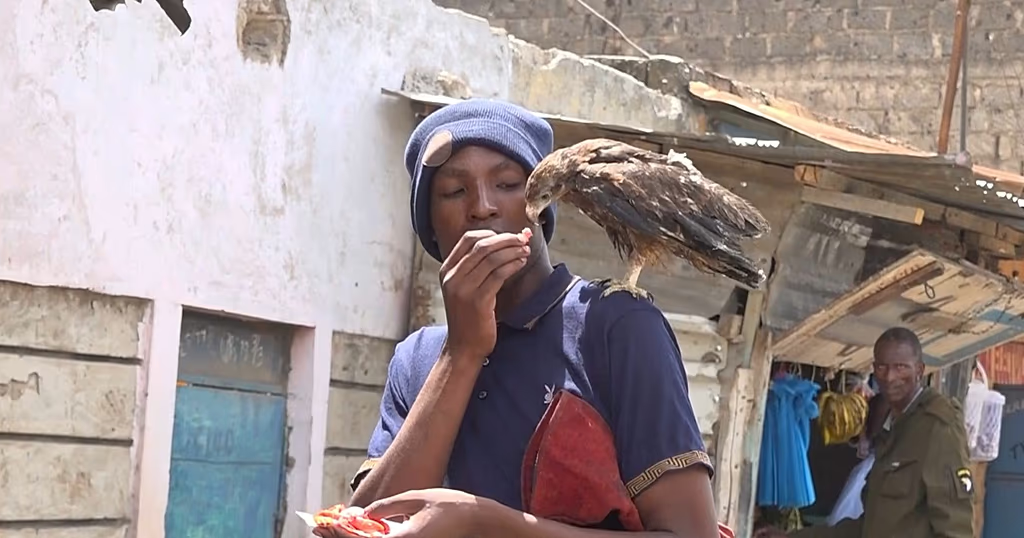In a transformative approach to addressing sex work and poverty, over 570 women in Nigeria’s Bauchi State have received vocational training and financial support through a rehabilitation program launched by the Bauchi State Shariah Commission. The initiative, which prioritizes economic empowerment over punitive measures, aims to reintegrate women formerly engaged in sex work into society by providing them with skills to build sustainable livelihoods.
Permanent Commissioner of the Commission, Barrister Aminu Balarabe Isa, outlined the program’s objectives during a recent press briefing, emphasizing its focus on tackling systemic poverty as the root cause of vulnerability. “Rather than imposing marriage or punishment, we chose to equip these women with practical skills and resources to achieve independence,” Isa stated. The beneficiaries, drawn from across the state, underwent training in tailoring, hairdressing, makeup artistry, and other trades, supplemented by start-up capital to launch small businesses.
Isa acknowledged the Commission initially explored arranging marriages for participants but later pivoted after recognizing poverty and survival needs as key drivers of sex work. The revised strategy reflects a broader shift within the Commission’s framework, aligning rehabilitation efforts with Islamic principles of compassion and social justice. Stakeholders, including community leaders and advocacy groups, have praised the program for offering a pragmatic solution to a complex, entrenched issue.
While the initiative does not erase structural challenges such as limited economic opportunities for women in the region, it marks a significant departure from traditional punitive approaches. By prioritizing skill-building and financial inclusion, officials hope to reduce reliance on sex work while fostering long-term social stability. The program’s emphasis on dignity and self-reliance has sparked discussions about replicating similar models in regions grappling with comparable socio-economic dynamics.
As the first cohort of beneficiaries begins their new ventures, the Commission plans to monitor their progress and expand partnerships with local organizations to ensure sustained support. For now, the initiative stands as a case study in addressing marginalized communities’ needs through empathy and opportunity—a strategy resonating far beyond Bauchi’s borders.



